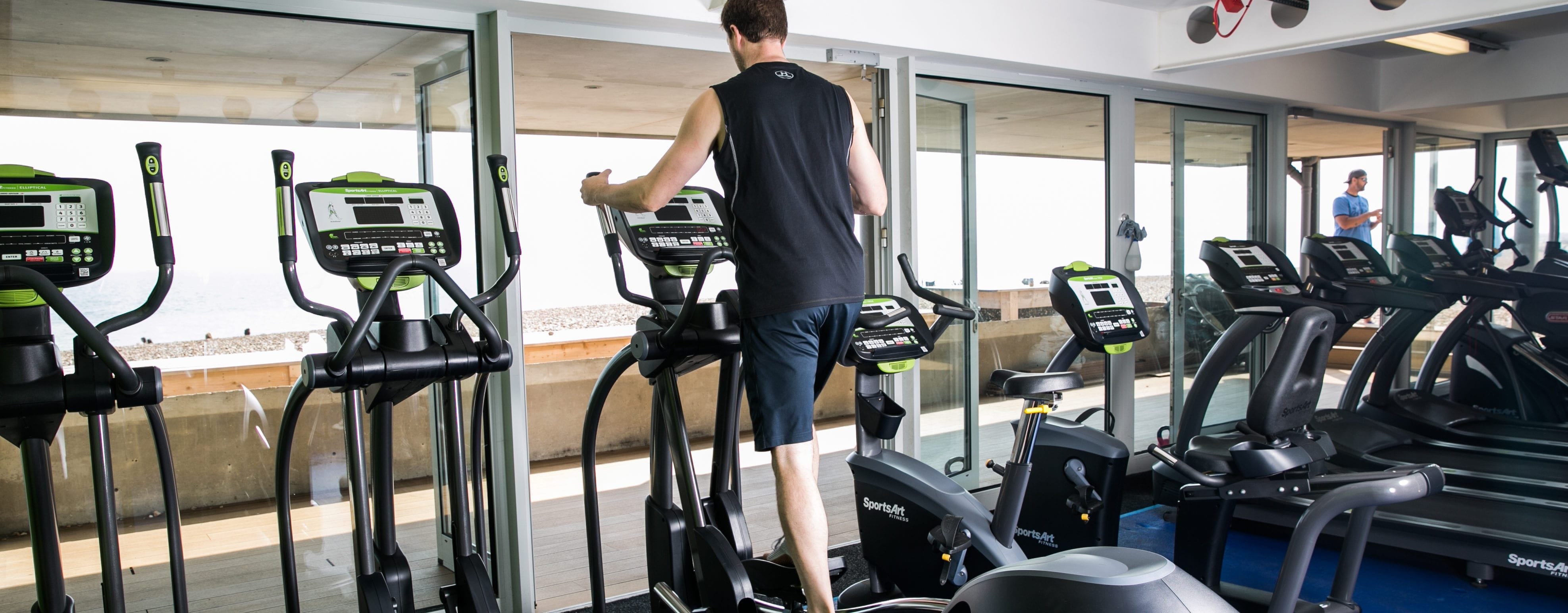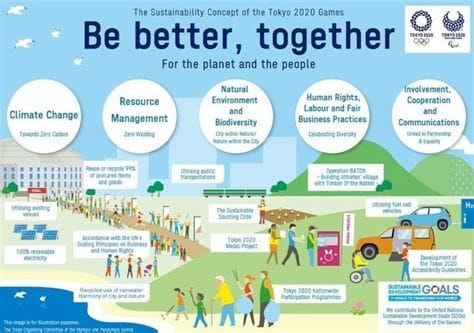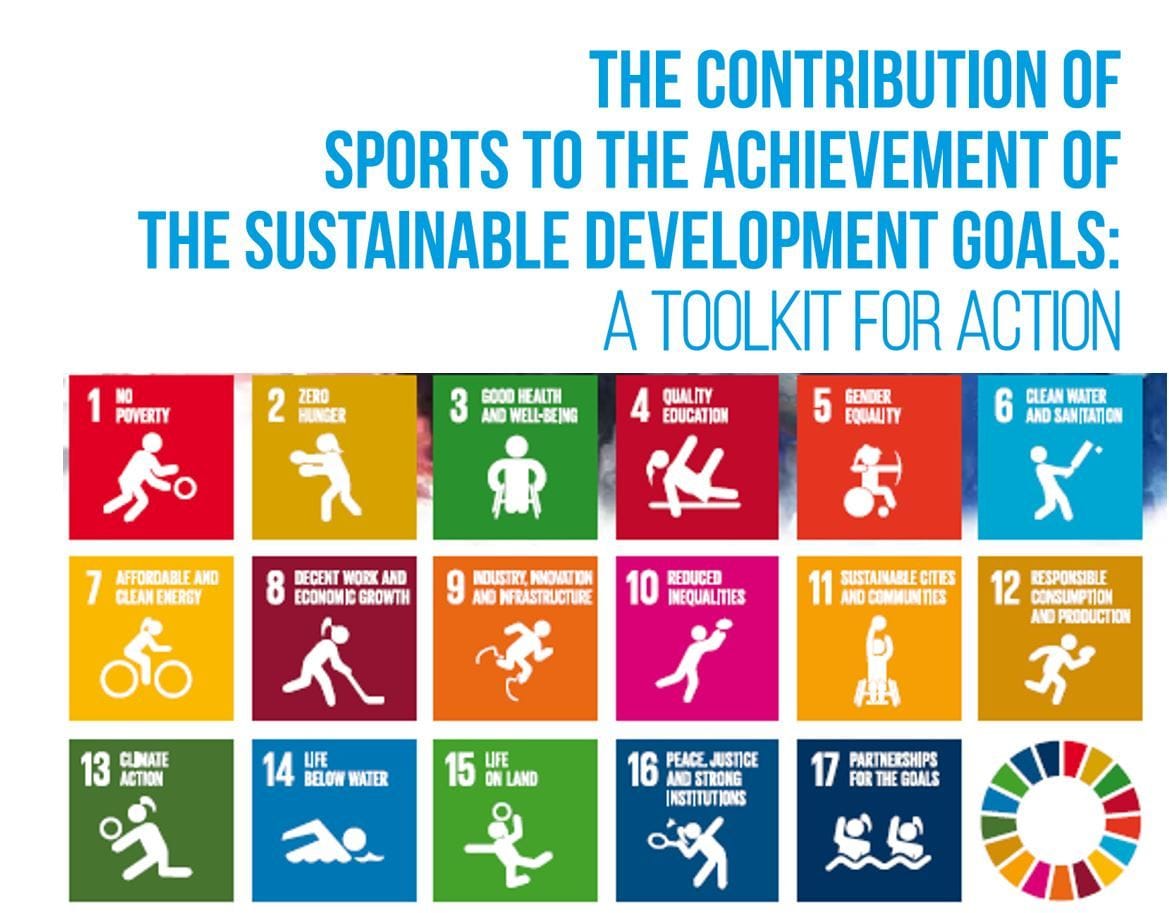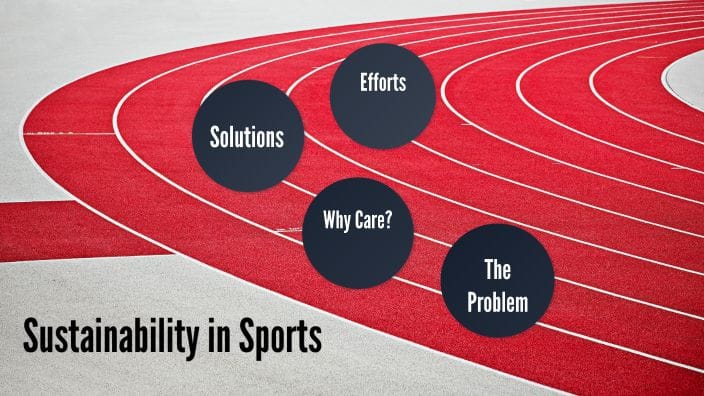
As the world grapples with the challenges of climate change, environmental degradation, and social inequality, a new breed of athlete is emerging: the sustainable sports team. These teams are not only committed to winning games and championships but also to reducing their environmental footprint and promoting social responsibility. In this article, we will explore the rise of sustainable sports teams, their benefits, and how they are changing the face of the sports industry.
The Environmental Impact of Sports

The sports industry has a significant environmental impact, from the energy consumption of stadiums and arenas to the production and transportation of sports equipment and apparel. A study by the Natural Resources Defense Council found that the average NFL stadium uses over 1 million kilowatt-hours of electricity per game, which is equivalent to the annual energy consumption of over 100 homes. Additionally, the production of sports equipment and apparel often involves the use of non-renewable resources, such as petroleum-based materials, and generates significant amounts of waste.
The Benefits of Sustainable Sports Teams
Sustainable sports teams are not only good for the environment, but they also offer a range of benefits for teams, fans, and communities. Some of the benefits of sustainable sports teams include:
Reduced energy consumption and greenhouse gas emissions Cost savings through energy efficiency and waste reduction Improved brand reputation and fan engagement Increased community involvement and social responsibility Enhanced player and staff well-being through healthy and sustainable facilities
Sustainable Sports Teams in Action

There are many examples of sustainable sports teams around the world, from the NFL's Philadelphia Eagles, who have implemented a range of sustainability initiatives, including energy-efficient lighting and waste reduction programs, to the NBA's Golden State Warriors, who have built a new arena that features a range of sustainable design elements, including a living roof and rainwater harvesting system.
Case Study: The Philadelphia Eagles
The Philadelphia Eagles are a leading example of a sustainable sports team. In 2013, the team launched its "Go Green" initiative, which aimed to reduce the team's environmental impact through a range of sustainability initiatives. Some of the initiatives included:
Energy-efficient lighting: The team replaced its traditional lighting with energy-efficient LED lights, which reduced energy consumption by over 50%. Waste reduction: The team implemented a comprehensive waste reduction program, which included recycling, composting, and reducing paper usage. Sustainable transportation: The team encouraged fans to use public transportation, walk, or bike to games by providing incentives, such as discounted tickets and free bike parking.
How to Create a Sustainable Sports Team

Creating a sustainable sports team requires a commitment to sustainability and a willingness to make changes to operations, facilities, and culture. Here are some steps to creating a sustainable sports team:
- Conduct an environmental audit: Assess the team's environmental impact, including energy consumption, water usage, and waste generation.
- Set sustainability goals: Establish clear sustainability goals and objectives, such as reducing energy consumption or increasing recycling rates.
- Implement sustainability initiatives: Develop and implement a range of sustainability initiatives, such as energy-efficient lighting, waste reduction programs, and sustainable transportation options.
- Engage fans and staff: Educate and engage fans and staff on the importance of sustainability and the team's sustainability initiatives.
- Monitor and report progress: Regularly monitor and report progress on sustainability initiatives and goals.
The Future of Sustainable Sports Teams

The future of sustainable sports teams is bright, with many teams and leagues around the world committing to sustainability and reducing their environmental impact. As the sports industry continues to evolve, we can expect to see even more innovative and effective sustainability initiatives. Some of the trends and innovations that we can expect to see in the future of sustainable sports teams include:
Increased use of renewable energy: Teams and leagues are likely to increase their use of renewable energy sources, such as solar and wind power. Sustainable stadium design: New stadiums and arenas are being designed with sustainability in mind, featuring green roofs, rainwater harvesting systems, and energy-efficient design elements. Electric and hybrid transportation: Teams and leagues are likely to adopt electric and hybrid transportation options, reducing greenhouse gas emissions and improving air quality.
Conclusion
Sustainable sports teams are not only good for the environment, but they also offer a range of benefits for teams, fans, and communities. As the sports industry continues to evolve, we can expect to see even more innovative and effective sustainability initiatives. By adopting sustainable practices and reducing their environmental impact, sports teams can play a critical role in promoting sustainability and environmental responsibility.
If you're a sports fan, you can make a difference by supporting teams that prioritize sustainability and environmental responsibility. You can also make sustainable choices in your own life, such as reducing energy consumption, using public transportation, and recycling.
By working together, we can create a more sustainable sports industry that benefits both people and the planet.